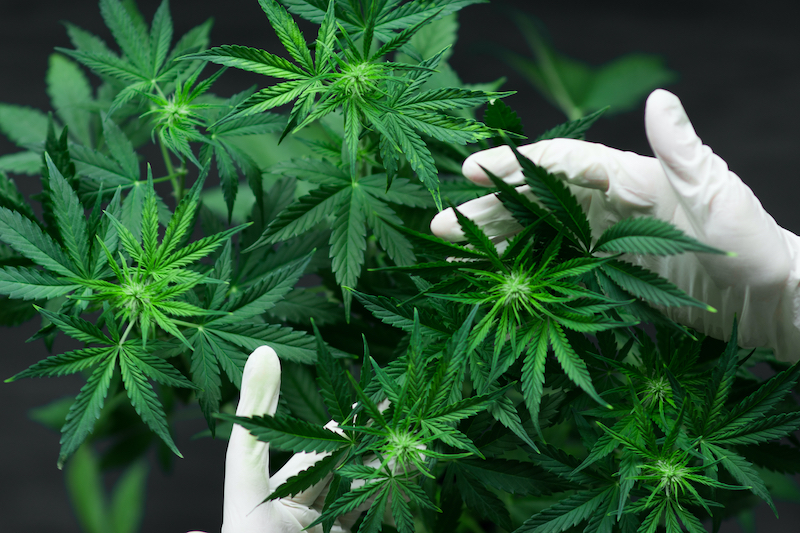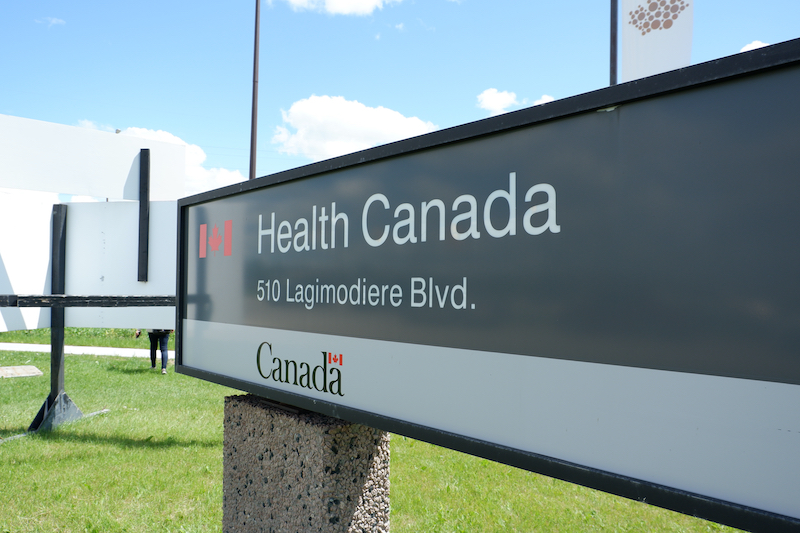
With the first island-wide election imminent, some of Guernsey's prospective politicians have spoken about their stance on legalising cannabis, with several suggesting that Canada could be a model for legalisation.
The apparent success of the country’s ‘Cannabis Act’ has caught some islanders' attention, even in the current assembly. The Justice Review Report included an amendment to explore the possibility of similar legislation, however the amendment was not voted on following a sursis.
As more and more candidates voice their opinion one way or the other, it seems increasingly likely that the next Assembly will be the one to decide on cannabis legalisation.
With that in mind, Express has investigated the possibility of 'Canada-style' drug laws; what their legislation looks like, what has changed since its implementation, and how their regime might carry across to the Bailiwick.
Canada legalised the possession, use and growth of recreational cannabis on 17 October 2018, with three main aims:
- Keep cannabis out of the hands of youth
- Keep profits out of the pockets of criminals
- Protect public health and safety

Pictured: The 30g limit for possession of cannabis refers to dry product; for legal purposes, 1g is equivalent to: 5g of fresh cannabis; 15g of edible product; product; or 1 cannabis plant seed.
The Federal Government set a legal age of 18, and a legal possession limit of 30g. The 11 provinces were each able to tighten these restrictions, but not loosen them.
The biggest differences are in how each province distributes the drug.
Any private business requires a license in order to sell, but not every province has private vendors. In Ontario for instance, it is available through licensed physical stores, or through a government-run online store.
This is largely in line with how Canada has regulated alcohol, which has also historically been sold through government vendors.
As Guernsey doesn't share this history or approach to controlled substances, it is unlikely that they would wish to become a vendor for cannabis. Distribution would therefore likely be entirely in the hands of private businesses.
The industry is also heavily regulated, with restrictions on serving sizes, potency and advertising. Product is also tracked from 'seed to sale', to make sure it doesn't end up on illegal markets.
There are prison sentences of up to 14 years for crimes such as selling without a license, production using restricted ingredients, or attempting to cross the border (in either direction) with cannabis.
Sellers can be fined up to $5 million if they are found to be marketing their product to children.

Pictured: Health advice about cannabis is widely available in Canada.
Since legalisation, recorded use of cannabis has risen by just 2% across Canada. The number of 15-17-year-olds who reported using the drug was half that of pre-legalisation rates, which would suggest that the first aim of the Cannabis Act was successful.
There was also a 12% drop in illegal sales - but the number still sits relatively high at 40% of total sales, which may cause concern to lawmakers and law enforcement officers.
Likewise, the Guernsey Border Agency already is seeing great success with cracking down on imports of controlled substances, according to the 2019 Annual Report; indicating that illegally-obtained cannabis would likely still be easy to track.
With 36 of Guernsey’s 82 prisoners currently jailed for drug-related offences, some islanders and election candidates are hoping to change the conversation around the criminality of cannabis. To some, it should be considered for recreational purpose, while for others it is a criminal justice issue that has strict and long-standing sentencing guidelines attached to it.
Canada’s legislation does not map perfectly onto our island; for instance, the make-up of the Bailiwick as an archipelago of islands with independent governments, while there is also no precedent for the States of Guernsey becoming a vendor.
However, usage statistics suggest that their approach hasn’t increased usage a great deal; while it yielded an extra $186 million in tax revenue in the first six months.
Comments
Comments on this story express the views of the commentator only, not Bailiwick Publishing. We are unable to guarantee the accuracy of any of those comments.